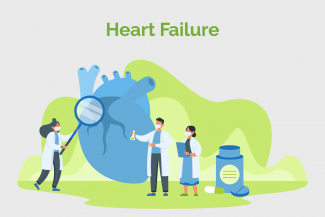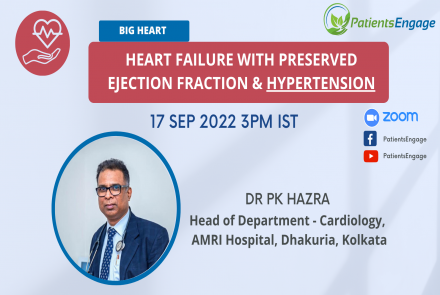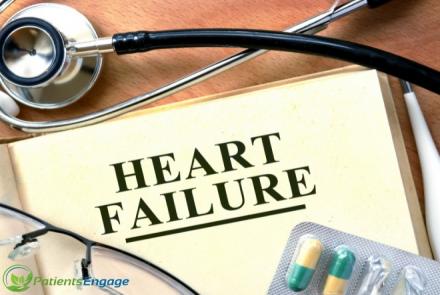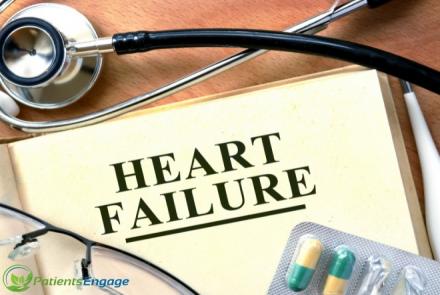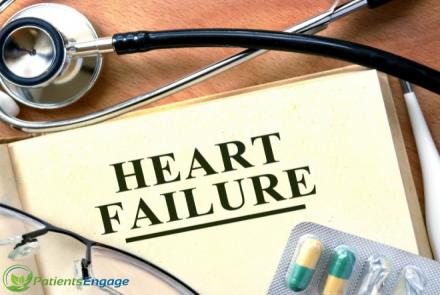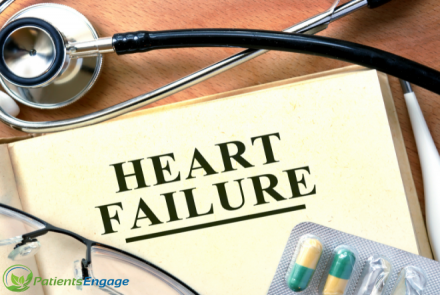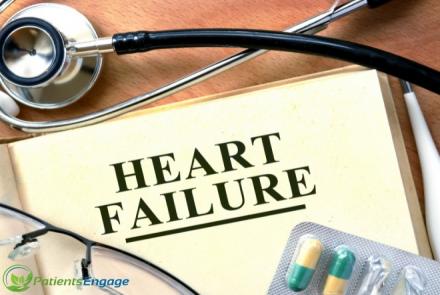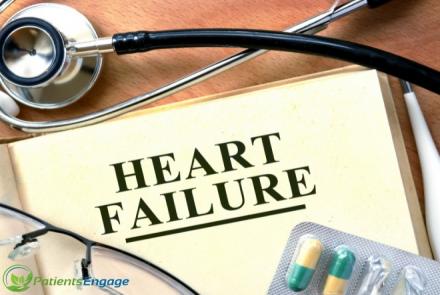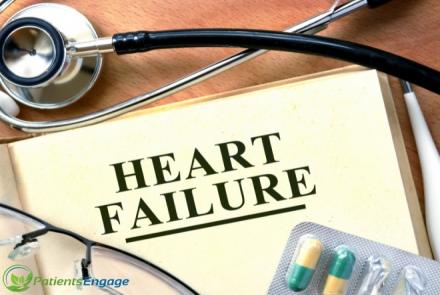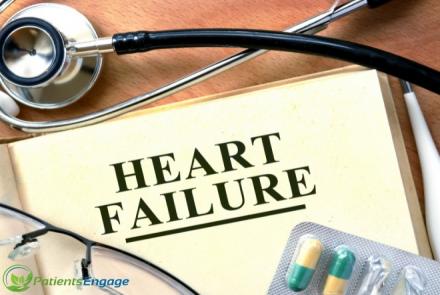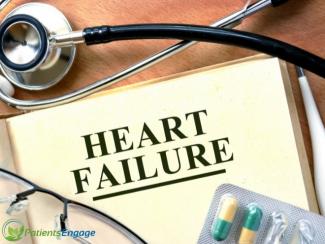
What lifestyle changes does one need to make after implantation of cardiac devices? How can people reduce their risk for HF?
All patients with heart failure should restrict their salt and fluid intake. They should stop smoking, alcohol and other illicit drugs. They should control their other co-morbidities like blood pressure, diabetes and cholesterol. They should regularly monitor their weight, blood pressure and heart beats and should regularly consult their physician.
Patients with AICDs or CRTs should have their devices checked at regular intervals. They should check if their devices are compatible with MRI scanners before undergoing such scans. Other detailed precautions should be discussed with the treating physician and cardiologist.
What is the prognosis for acute and chronic HF? What happens if heart failure is left untreated?
Heart failure when left untreated, carries a dismal prognosis. Patients do succumb to heart failure if not adequately treated. Additionally, patients who recover from heart failure are at a high risk for a repeat hospitalization or repeat episode of heart failure within the first 30 days! Usually, if the cause of the heart failure is reversible and can be treated, the patient carries a good long term prognosis. However, in some patients with fulminant heart failure or end stage heart failure, the long term outcomes are bleak. Newer modalities of treatment like LVADs and Heart Transplant offer new hopes to these patients. Organ donation drives to increase the heart transplants all across the country offer prospects and possibilities to these terminal patients.

